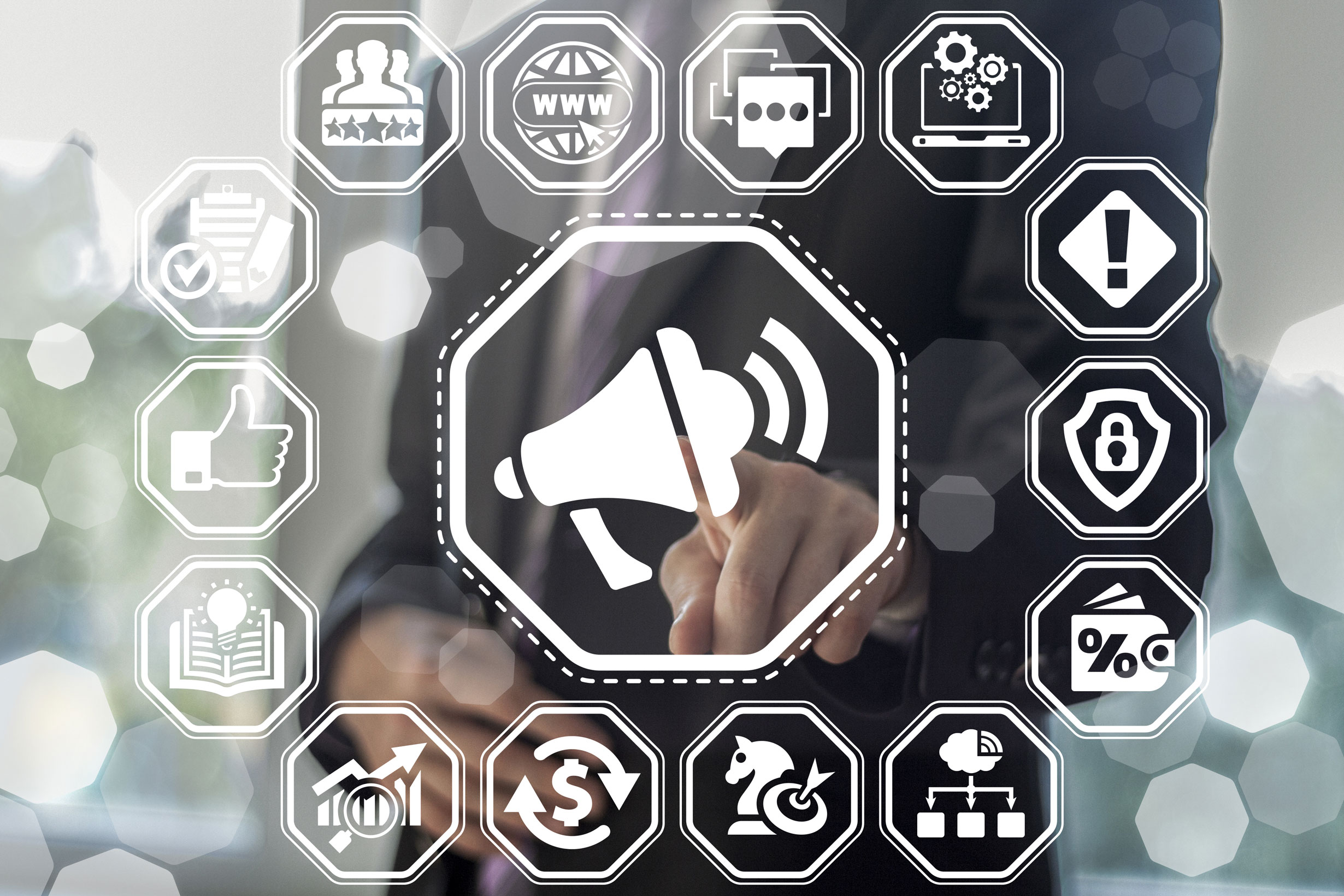As consumers are increasingly bombarded with marketing messages from every direction, standing out from the crowd has become more crucial than ever before. One of the most effective ways to achieve this is through personalization. Personalization refers to the practice of tailoring marketing content to resonate with individual consumers, making each interaction more relevant and meaningful. In this blog post, we’ll explore the power of personalization and share practical tips on creating personalized marketing campaigns that drive results.
Why Personalization Matters
With the vast amount of online information and options, consumers today have higher expectations for brands to provide them with tailored experiences. Personalization helps meet these expectations by delivering content uniquely relevant to each individual. The benefits of personalization include:
- Improved Customer Experience: Personalized marketing enhances the customer experience by making interactions more relevant and engaging. Consumers are more likely to respond positively to content that speaks directly to their needs and interests.
- Increased Conversion Rates: Personalization can lead to higher conversion rates, as consumers are more likely to act when presented with offers and content that align with their preferences.
- Enhanced Brand Loyalty: Personalization can foster stronger relationships and build brand loyalty by demonstrating that you understand and value your customers as individuals.
- Higher ROI: Personalization can help you achieve a higher return on investment (ROI) for your marketing efforts by optimizing the impact of each interaction.
How to Create Personalized Marketing Campaigns
- Gather and Analyze Data: To personalize your marketing efforts, you’ll need data about your customers. Collect information through sign-up forms, customer surveys, and interactions with your website or app. Analyze the data to identify patterns and preferences that inform your personalization strategy.
- Segment Your Audience: Divide your audience into segments based on criteria such as demographics, interests, behavior, and purchase history. This allows you to create targeted campaigns that resonate with specific groups.
- Utilize Dynamic Content: Use dynamic content to automatically customize elements of your marketing messages based on the recipient’s profile. For example, you can tailor the subject line, images, and product recommendations in an email campaign to match the recipient’s preferences.
- Leverage Marketing Automation: Marketing automation tools can help you deliver personalized content at scale. Set up automated workflows that trigger customized messages based on specific actions or events, such as a customer’s birthday or a recent purchase.
- Test and Optimize: Continuously test and optimize your personalized marketing campaigns. Monitor key performance metrics and conduct A/B tests to identify the most effective strategies. Use the insights gained to make data-driven adjustments and improve results.
- Respect Privacy and Consent: Always be transparent about how you collect and use customer data. Obtain consent where required and provide options for customers to manage their preferences. Personalization should enhance the customer experience, not infringe on privacy.
Personalization has become a key differentiator in the competitive landscape of digital marketing. By taking the time to understand your customers and deliver content that is tailored to their unique needs and preferences, you can create more impactful marketing campaigns that drive results. By putting personalization at the forefront of your marketing strategy, you’ll not only delight your customers but also build lasting relationships that contribute to the success of your business.
Whether you’re just starting to explore the world of personalization or looking to take your efforts to the next level, our team at Marketing Business Solutions is here to

